TAPI 3.0 Development



ESI offer the development service for TAPI 3.0 (Telephony Application Programming Interface), It provides a set of functions and interfaces for managing telephony operations & integration, TAPI 3.0 is built on COM (Component Object Model) and offers a more object-oriented approach compared to its predecessor, TAPI 2.x.

Built on COM (Component Object Model), TAPI 3.0 provides an object-oriented approach, making it easier to manage and extend telephony applications.

TAPI 3.0 is protocol-independent, meaning it can work with various telephony protocols without requiring significant changes to the application..
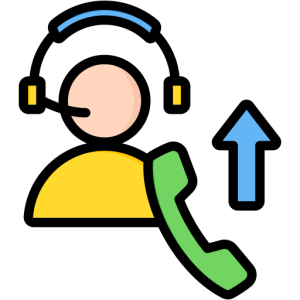
It offers comprehensive call control features, including making, receiving, holding, transferring, and conferencing calls.
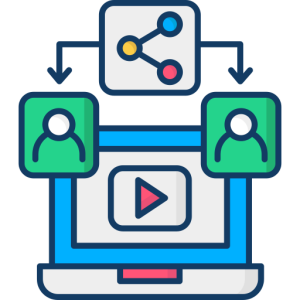
It supports media streaming, enabling applications to handle audio and video data during calls, which is essential for modern communication needs
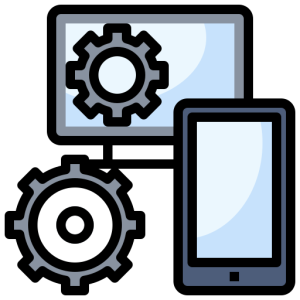
The API supports event-driven programming, allowing applications to respond to telephony events such as incoming calls and call state changes.

TAPI 3.0 includes QoS support to ensure high-quality voice and video communication over IP networks.
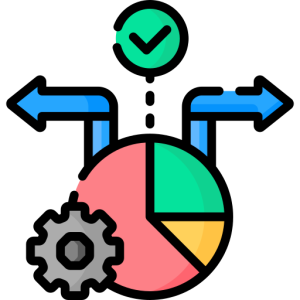
Seamlessly integrates traditional PSTN telephony with IP telephony, allowing developers to create applications that can handle both types of communication.


TAPI enables automated call routing, ensuring that customer calls are directed to the appropriate department or agent quickly. This reduces wait times and improves the overall customer experience.

With TAPI, enterprises can implement features like call forwarding, conferencing, and call transfers seamlessly. This allows customer service representatives to handle calls more effectively and provide better support.
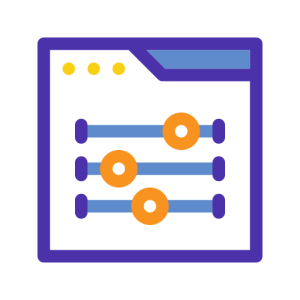
TAPI can be integrated with Customer Relationship Management (CRM) systems, allowing agents to access customer information instantly during calls. This leads to more personalized and efficient service
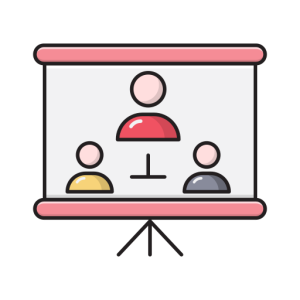
TAPI provides real-time call monitoring and reporting capabilities, enabling supervisors to track performance metrics, identify issues, and make data-driven decisions to improve service quality.

Event-driven programming in TAPI allows applications to respond to telephony events such as incoming calls and call state changes. This ensures that customer service teams can react promptly to customer needs

TAPI supports QoS features, ensuring high-quality voice and video communication. This is crucial for maintaining clear and effective communication with customers

Enquiry: marketing@esi-asia.com
Support: support@esi-asia.com
(852) 2508 2116
Unit G, 22/F, MG Tower, 133 Hoi Bun Road, Kwun Tong, Kowloon, Hong Kong